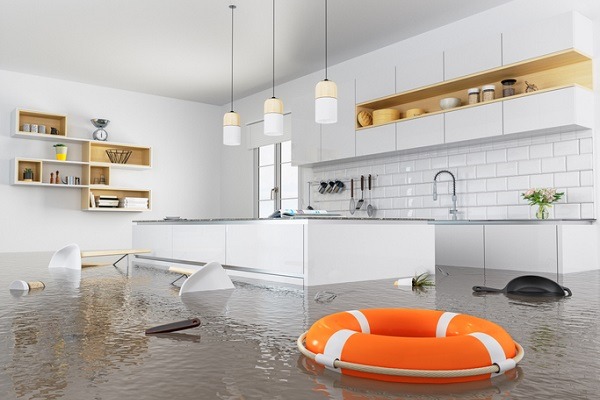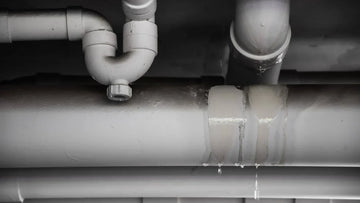In the realm of industrial quality assurance, water management stands as a crucial element. As infrastructure ages, the risk of leaks escalates, necessitating advanced methodologies to manage them effectively. Among the emerging technologies, acoustic leak detection has garnered attention for its innovative approach in identifying leaks.
Acoustic leak detection utilizes sound waves to detect leaks in pipe systems, offering a non-invasive solution to an age-old problem. This method is increasingly pivotal for maintaining integrity and efficiency in a myriad of industries. But what makes it so essential, and why should industry QA be at the forefront of its implementation?

Understanding Acoustic Leak Detection
The concept behind acoustic leak detection is relatively straightforward yet profoundly effective. It involves utilizing sensitive equipment to capture sound waves produced by escaping fluids under pressure. Each type of leak generates a unique acoustic signature that trained technicians can interpret to identify not just the presence, but the precise location of a leak, without disrupting operations. This method is particularly valuable in complex systems where traditional methods fail to offer the necessary precision or efficiency.
For instance, in a smart building, the integration of smart leak detection solutions has become imperative to prevent huge losses. These technologies ensure timely actions that can save both resources and cost.
The Advantages Over Traditional Methods
Traditional leak detection methods often involve invasive procedures such as visual inspections or digging, which can be costly and time-consuming. Acoustic methods, by comparison, offer a non-disruptive alternative, reducing downtime and associated costs. In sectors like real estate, the application of real estate water leak alarms exemplifies how this technology preserves assets by ensuring long-term structural integrity.
Accuracy and Efficiency
The precision offered by acoustic technologies cannot be overstated. By diagnosing issues before they escalate, it prevents potential disasters. This efficiency is why many industries are investing in factory pipe leak monitors, streamlining operational maintenance seamlessly.
Cost-Efficiency
Incorporating acoustic technologies represents a significant cost-saving measure. By preventing extensive damage and repair costs, businesses can safeguard their financial resources. Additionally, the integration of these systems can be aligned with modern smart water leak detectors that enhance overall water management strategies.
Implementing Acoustic Leak Detection in Industry QA
For QA professionals, it is vital to integrate such robust technologies to ensure the safety and quality of operations. By understanding and applying these modern strategies, they can enhance productivity and minimize risks. Acoustic leak detection is not just a proactive measure but a necessary step in bridging the gap between traditional inspection methods and the future of industrial quality control.
Andy, a senior manager in a manufacturing company, highlights the importance of using such technologies. After a series of setbacks due to undetected leaks, the company adopted advanced ultrasonic leak detectors, which significantly reduced downtime and improved their maintenance cycle.
Conclusion
Incorporating acoustic leak detection within water management systems marks a forward-thinking approach that industry leaders must consider. With its proven accuracy, efficiency, and cost-effectiveness, this technology is essential for future-ready industries. For more insights on building resilient and leak-proof infrastructures, read about water leak protection strategies.

FAQs
What industries benefit most from acoustic leak detection?
Industries such as manufacturing, real estate, and infrastructure management benefit significantly due to reduced operational downtimes and maintenance costs.
How does acoustic leak detection compare with ultrasonic methods?
Both methods offer precise leak detection, but acoustic methods are more adept at capturing a wide range of leak-induced sound frequencies, making them versatile across various applications.
What are the primary challenges in implementing these systems?
Challenges include the initial investment and training required for personnel. However, the long-term benefits often outweigh these initial considerations.






